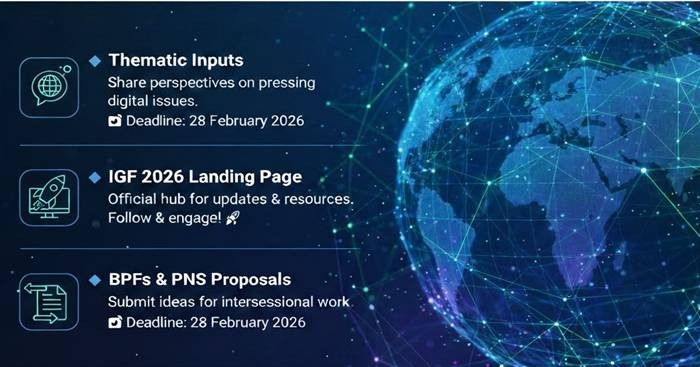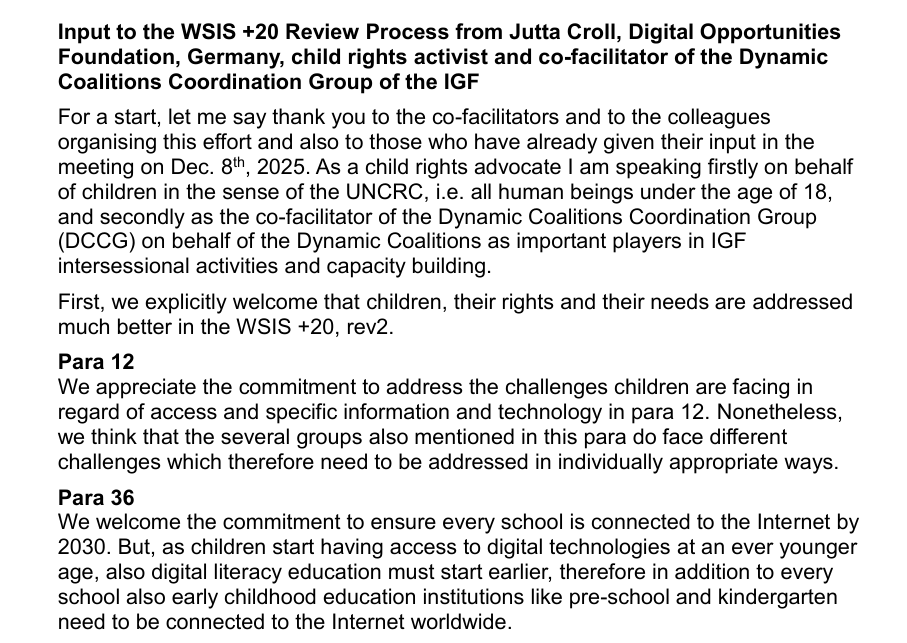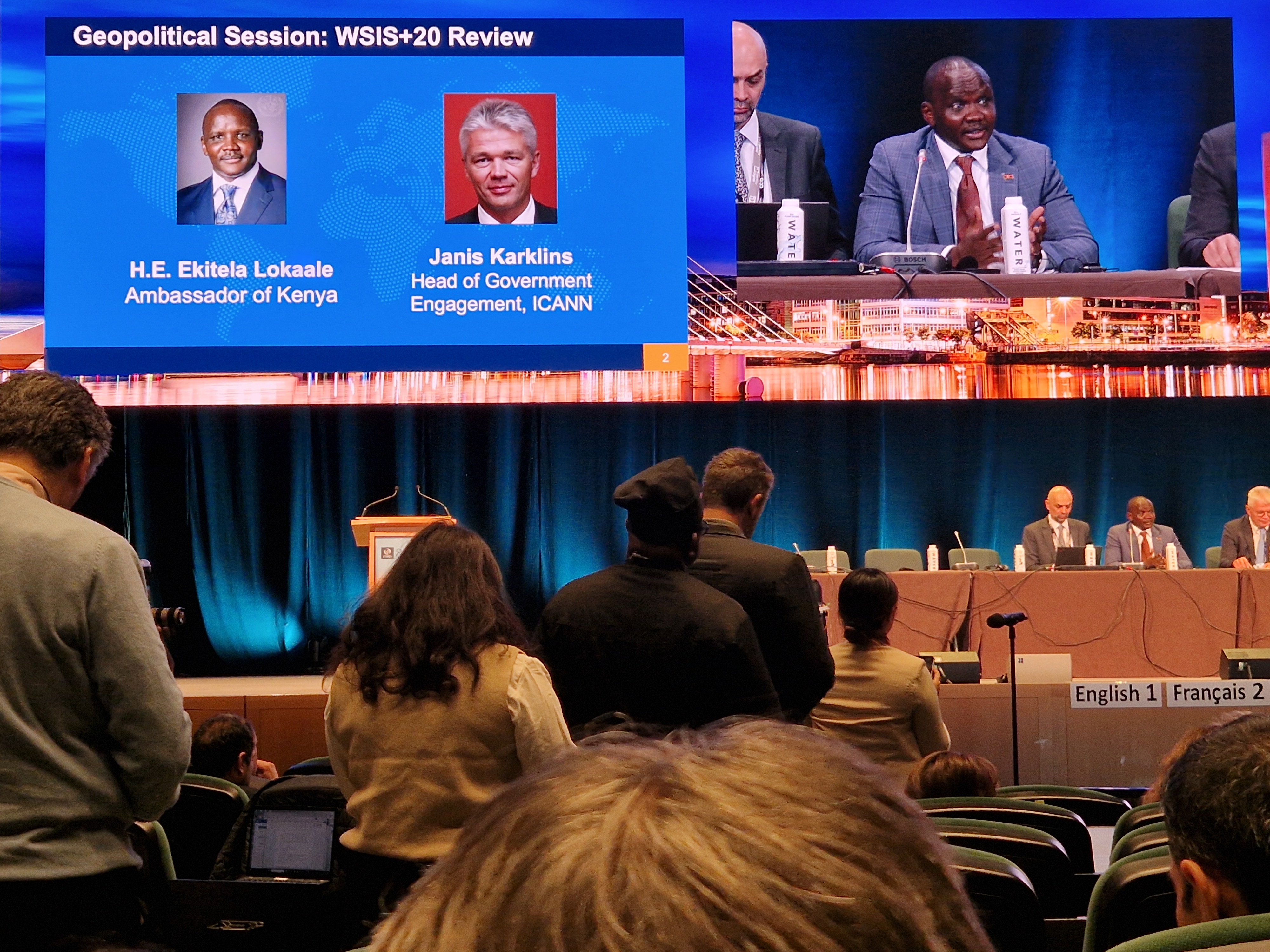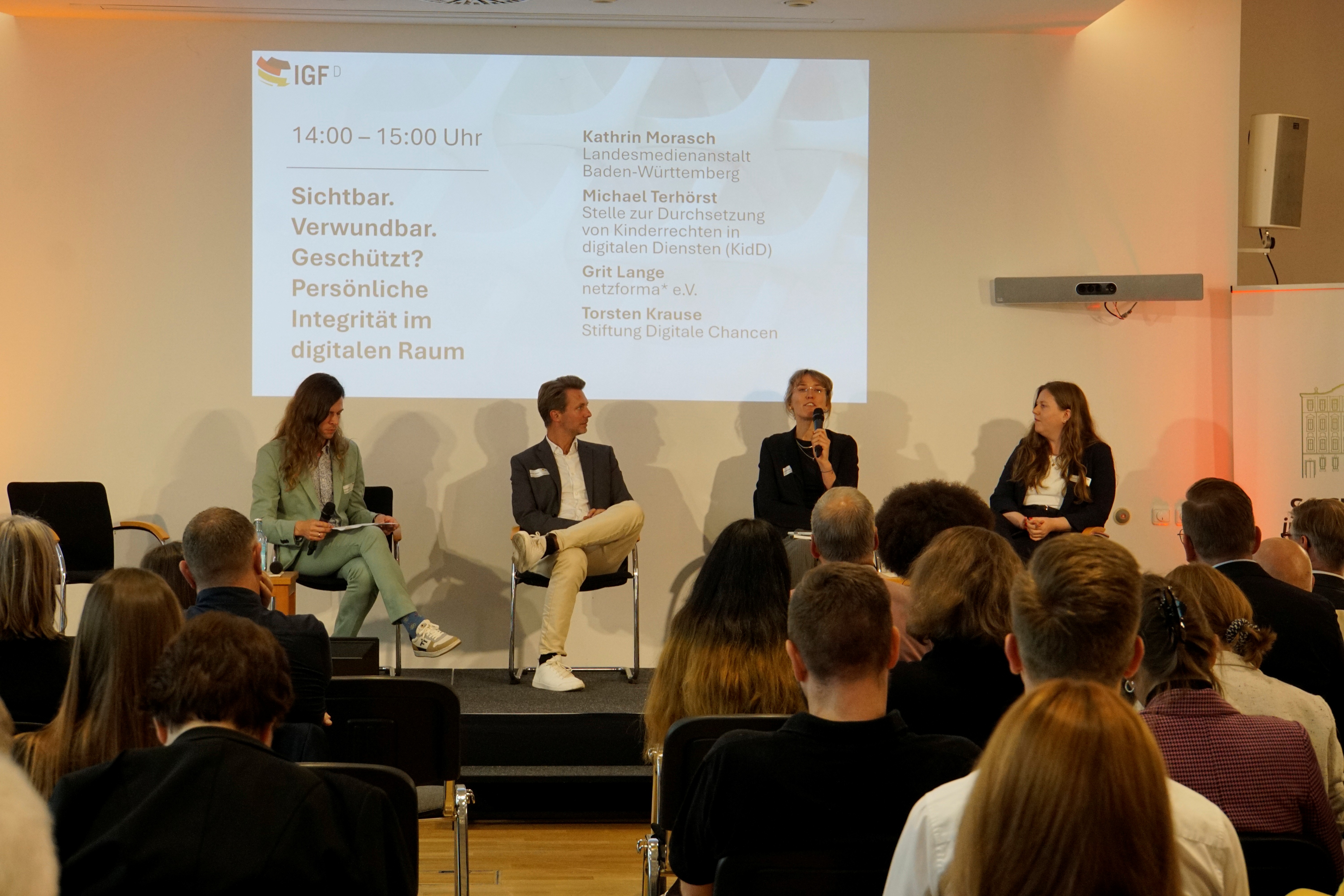The digital environment provides unique opportunities for children to realize the right to access to information and freedom of expression. The digital environment can enable children to form their social, religious, cultural, ethnic, sexual and political identities and to participate in associated communities and in public spaces for deliberation, cultural exchange, social cohesion and diversity.
The fulfilment of these rights must be ensured and the right of the child to freedom of thought, conscience and religion in the digital environment must be respected. Privacy is vital to children’s agency, dignity and safety and for the exercise of their rights.
Children’s personal data are processed to offer educational, health and other benefits to them. Therefore, it must be ensured by legislative, administrative and other measures that children’s privacy is respected and protected by all organizations and in all environments that process their data.
By use of digital identification systems that enable all newborn children to have their birth registered and officially recognized by the national authorities, access to services, including health, education and welfare shall be facilitated.



![[Translate to Englisch:]
[Translate to Englisch:]](/fileadmin/kinderrechte.digital/Kategoriebilder/Kinderrechte_Shutterstock_695764720_Junge_lernt_Infromatik_Laptop_c_Gorodenkoff.jpg)




![[Translate to Englisch:]
[Translate to Englisch:]](/fileadmin/user_upload/Screenshot_2025-09-10_113013.png)